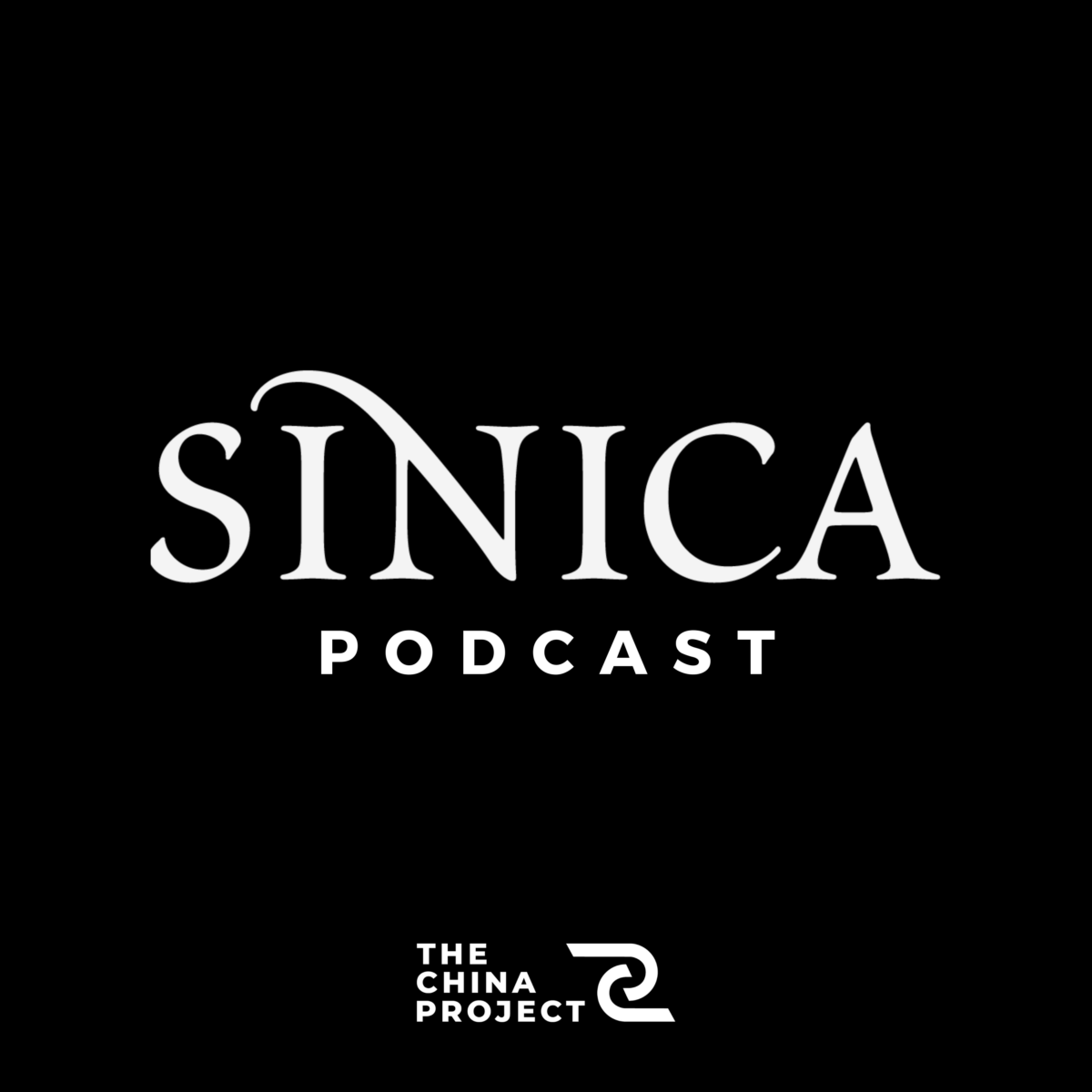The China Project.direct — China consultants, on demand. Submit your project needs, and we will match you with qualified China consultants.
This week, Kaiser sits down with Jude Blanchette in the Sinica South Studio in Durham, North Carolina, to talk about Jude’s new book, China’s New Red Guards: The Return of Radicalism and the Rebirth of Mao Zedong, which just came out on June 3. Jude explains the origins of the neo-Maoists and others on the left opposition, and how overlooking the conservative reaction to reform and opening impoverishes our understanding of China and its politics.
What to listen for on this week’s Sinica Podcast:
9:33: The show begins with a discussion on Diāo Wěimíng 刁伟铭, an editor of the prominent neo-Maoist website Utopia (乌有之乡 wūyǒu zhī xiāng), and his untimely death in a vehicle collision while leading a group of Chinese tourists in North Korea visiting the grave of Mao Zedong’s grandson. Jude states: “Not only is his story fascinating and the story of why the heck they were in North Korea, but also [because] the news of the bus crash was originally suppressed.” The sensitivity of information about neo-Maoists reflects how their relationship with the Communist Party is “fraught” and “complex,” Jude says, who adds that this relationship “has been evolving for decades and continues to evolve now.”
18:48: Are there online platforms that lend themselves to radicalization in China? Jude explains how individuals find these communities organically, and moments around the turn of the millennium that prompted galvanization, the 1999 NATO bombing of the Chinese embassy in Belgrade among them. “Several key print publications were shut down by Jiang Zemin in 2002 and 2003, and these were old, established, thick theoretical journals that essentially had been the only remaining outlets for the conservative intellectuals…and after those publications were shut down, they really cast about to see what to do next, and I think had there been no internet, it would have been quite difficult to reconstitute a movement. But they saw this fledgling piece of information technology…this provided a public square, so to speak, where people could come together.”
27:34: What is neo-authoritarianism? What are the linkages between this ideology, the neo-Maoists, and the increasing prominence of technology? Jude tells the story of this theory in China and of the early progenitors, one of whom now sits on the Politburo Standing Committee.
31:21: How does the radical left in China view the protests at Tiananmen Square in 1989? Jude notes: “You would think given what we know about the current political program of neo-Maoism that they would either minimize or deny that there was any sort of massacre on June 4th, but in fact that’s actually not the case…there’s actually a much more nuanced position on things like the Cultural Revolution and June 4th than you would originally think.”
57:32: During Wen Jiabao’s tenure in office, Jude claims there is a reason why he pointed to the Cultural Revolution — to warn against the increase in radical leftist political views: “I do think there is a reason Wen Jiabao chose to invoke the spirit of the cultural revolution when essentially he wanted to warn about the neo-Maoists and Bo Xilai. That there is this thread of radical politics, which is always a threat to the Communist Party. And the most powerful fuel for this radical style of politics is not this sort of Liu Xiaobo, Ai Weiwei [style of] constitutional democracy. That’s not what the Party is really afraid of. It’s more afraid of people who outflank it from the left.”
Recommendations:
Jude: Behind the Curve, a film investigation into the “Flat Earth” community.
Kaiser: How to Hide an Empire: A History of the Greater United States, by Daniel Immerwahr, a story of the United States beyond the lower 48 states.
This podcast was edited and produced by Kaiser Kuo and Jason MacRonald.








